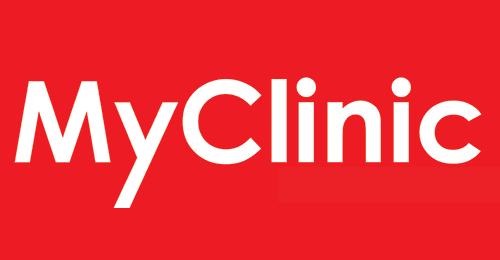You are eligible for a COVID-19 booster dose if you:
- are 18 years and older, and
- had the second dose of your primary dose course of COVID-19 vaccination at least 3 months ago.
Booster doses are not mandatory, however they are recommended to maintain immunity against COVID-19.
Benefits of a booster dose
Two doses of COVID-19 vaccine provide very good protection, especially against severe disease.
A booster dose will make sure the protection from the first two doses is even stronger and longer lasting, and should help prevent spread of the virus.
A booster dose increases your protection against:
- infection with the virus that causes COVID-19
- severe disease
- dying from COVID-19.
A booster dose will continue to protect you, your loved ones and your community against COVID-19.
Booster doses will be free for everyone.
Who should get a booster dose
Booster doses are available to everyone 18 years and over who have had both doses of their primary course of a COVID-19 vaccine at least 3 months ago.
This includes:
- women who are pregnant
- severely immunocompromised people who received a third dose as part of their primary course at least 3 months ago.
ATAGI is not currently recommending booster doses for people aged under 18.
Read ATAGI’s advice on COVID-19 booster doses.
Booster doses for healthcare workers
Healthcare workers on the frontline of the COVID-19 response are at higher risk of infection. The Australian Technical Advisory Group on Immunisation (ATAGI) recommends people working in a healthcare settings consider receiving a booster dose. Healthcare workers were prioritised early in the vaccination rollout, so many are due for their booster dose.
Vaccine types for booster doses
The Comirnaty (Pfizer) and Spikevax (Moderna) vaccines are approved by the Therapeutic Goods Administration (TGA) and recommended by ATAGI as a COVID-19 booster dose.
You can have the Pfizer or Moderna vaccine as a booster dose regardless of which vaccine you had for your first 2 doses.
You can also receive the Vaxzevria (AstraZeneca) vaccine if you:
- can’t have the Pfizer vaccine for medical reasons
- had 2 doses of the AstraZeneca vaccine previously.
Read ATAGI’s advice on the type of vaccine recommended for booster doses.
| Criteria | Pfizer | Moderna | AstraZeneca |
|---|---|---|---|
| Approved aged group | 5+ | 12+ | 18+ |
| Primary course | Yes | Yes | Yes |
| Third dose for immunocompromised people | Yes | Yes | Not preferred[1] |
| Booster dose | Yes | Yes | Not preferred[1] |
|
|||
When to get a booster dose
You can book a booster dose if it has been three months or longer since your second dose of COVID-19 vaccine.
Click here to book in at a MyClinic near you
The date you had your second dose of vaccine is on your COVID-19 digital certificate.
Safety of COVID-19 booster doses
Common, mild side effects following a booster dose look similar to the side effects following the first 2 doses.
See information about the:
There is limited data on serious side effects such as myocarditis and pericarditis following a Pfizer and Moderna booster dose.
Evidence from Israel suggests that myocarditis and pericarditis following vaccination with Pfizer are not more common after the booster dose, compared with the second dose.
There is not enough data available yet to show the rates of myocarditis and pericarditis following a booster dose of Moderna.
This side effect is being monitored closely.
ATAGI will continue to review the risk-benefit equation on booster doses.
